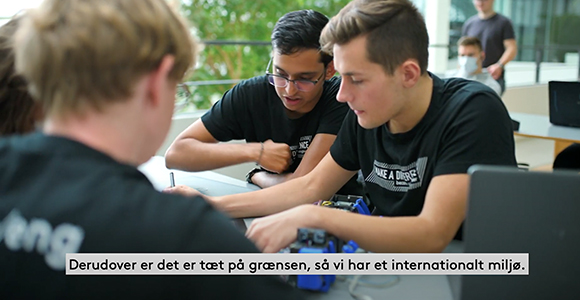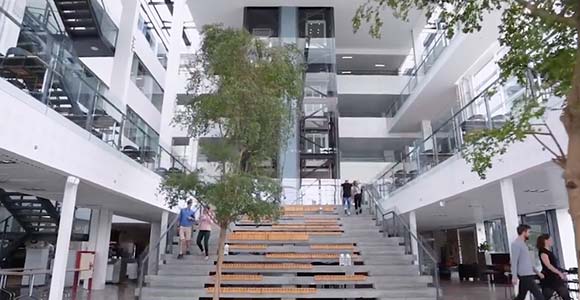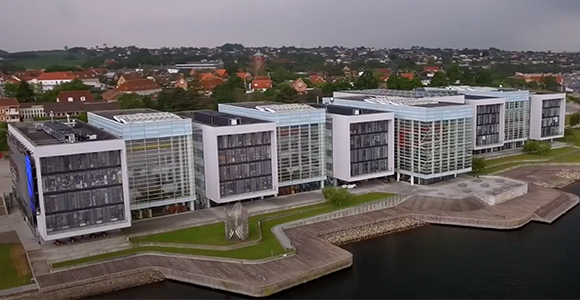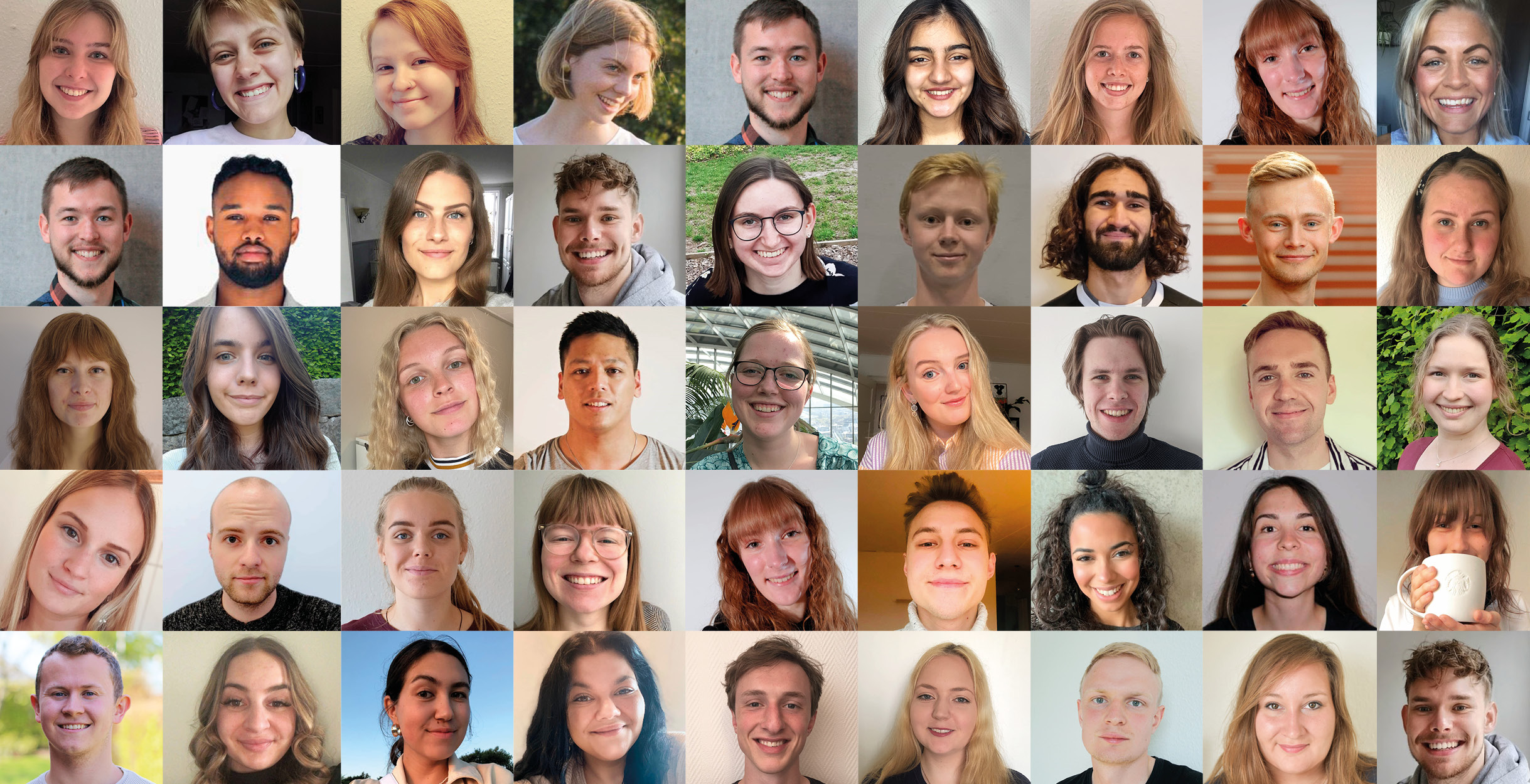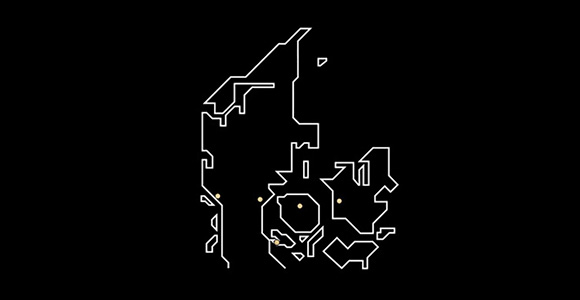With an MSc in Engineering - Electronics you will be a specialist in power electronics and embedded systems, which are found in almost all electronic equipment today. You will learn to combine the two academic fields in practice and thereby play a central role in the development of the future's intelligent products. For example, hybrid and electric cars use power electronics and intelligent control systems to reduce the energy consumption.
First-Job Guarantee
As an engineering student at SDU Sønderborg, you are guaranteed your first job when you finish your MSc studies (applies for students starting from September 2020). Read more about the unique “first job guarantee” scheme.
Most electronics today contain power electronics and embedded systems in one form or another and this trend is on the rise with future products and production becoming increasingly intelligent and energy-optimized. This means that more and more electronics are based on power electronics, embedded systems and control technology. Therefore, there is a demand for electronic engineers with expertise in these fields.
Three themes
At the programme you will be educated within three main themes: power electronics, embedded systems and integrated application with focus on industrial applications.
Power electronics
The world's collective energy consumption is soaring which has led to increased focus on the need to convert energy production from the use of fossil fuels to renewable energy, for example in the form of sun and wind energy. Power electronics is the key to new sustainable energy solutions.
In short, power electronics is the optimal conversion of electrical energy form to another. For example, changing the between AC and DC or changing the amplitude, phase, or frequency. This could for example be the electronic system that converts the electrical power produced by a wind turbine to the desired amplitude and frequency for the power grid. The use of electric energy conversion is increasing as enhanced electrification is driven by the green transition and as the evolution of power electronic components is undergoing a rapid development.
Embedded systems
The programme's second field is embedded systems, which are found in most electronic equipment and smart solutions. To add (more) intelligence to the products and services of the future, embedded systems are used. Embedded systems are found everywhere and are used in all market sectors such as energy, health care, environment, agriculture, communication, entertainment, textiles, transport, logistics, chemistry, food and materials.
Integrated application
Examples of integrated applications where the combination of power electronics and embedded systems plays a major role:
- Power electronics and embedded system, used for controlling the rotation speed of wind turbines in order to produce maximum power
- Energy from solar panels is converted into power by utilization of power electronics and embedded systems
- The transportation sector is a major energy consumer where hybrid and electric cars rely on power electronics, embedded systems and control in order to reduce the energy consumption
- Storage of energy in water reservoirs or pressure tanks is done by means of power electronics combined with embedded systems
- Power electronics and embedded systems are used in space crafts and satellites for converting energy from solar panels, fuel cells and batteries
- Consumer and industrial products such as phones, televisions, computers, kitchen appliances, cars, robots etc.
Read more about the structure of the programme.
Project and research-based learning environment
You will be part of a based and collaborative learning environment where you work in project groups. You and your fellow students are responsible for planning and carrying out projects within the allocated time. Projects typically come from companies, and we emphasize the importance of solving problems from 'real life'.
Career opportunities
The programme offers a range of career options both in Denmark and abroad. You can get a job as a development and research engineer or project leader in development projects, technical manager, consultant or contractor. It is typically within branches which work with the development of electronic products, green technology, sustainable energy and transport systems.
Read more about the career options.
You can also continue with a 3-year research training programme, which leads to a PhD. For graduate engineers there is also the option to carry out an industrial PhD programme, which is conducted in close collaboration with a company where you will be employed.
That is why you should study...
- You will learn how to develop the robot technology of the future
- You will have good career opportunities
- You will learn to develop innovative solutions to specific problems
